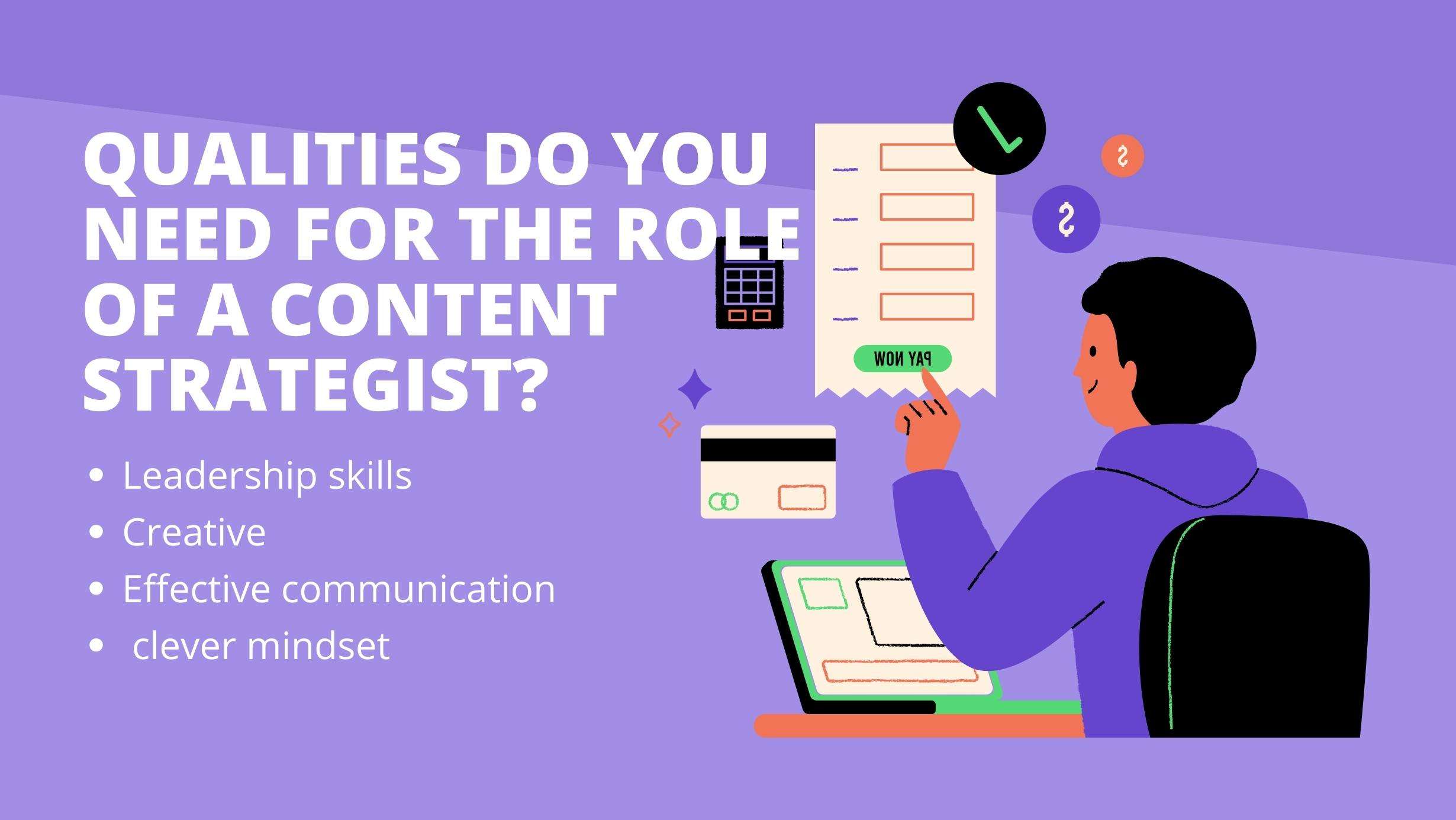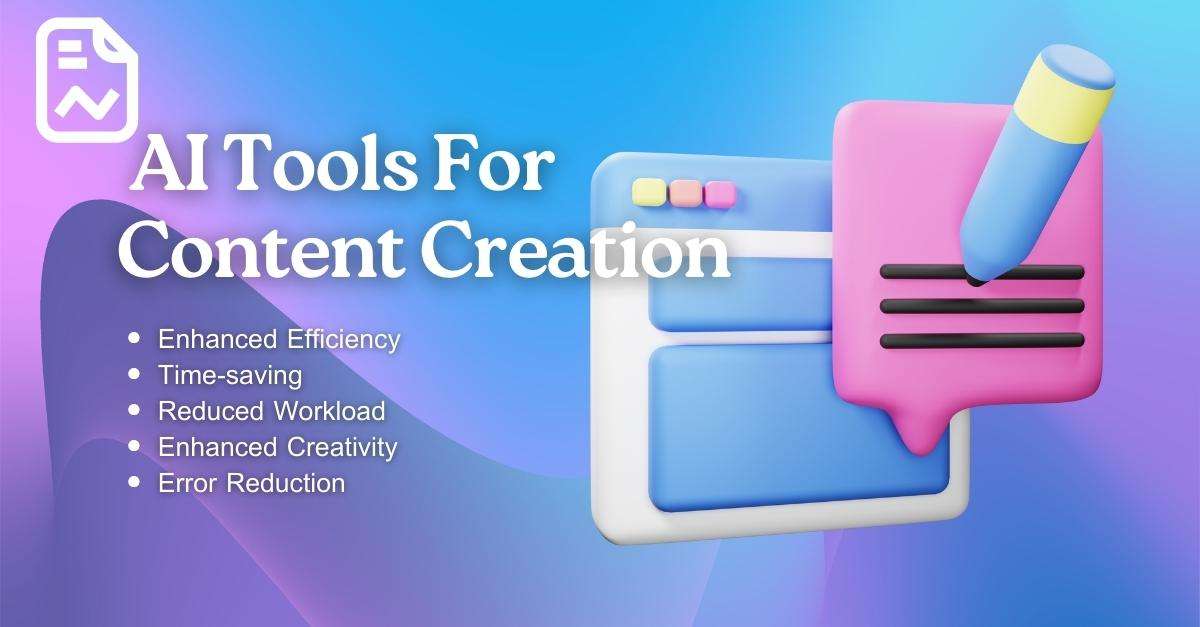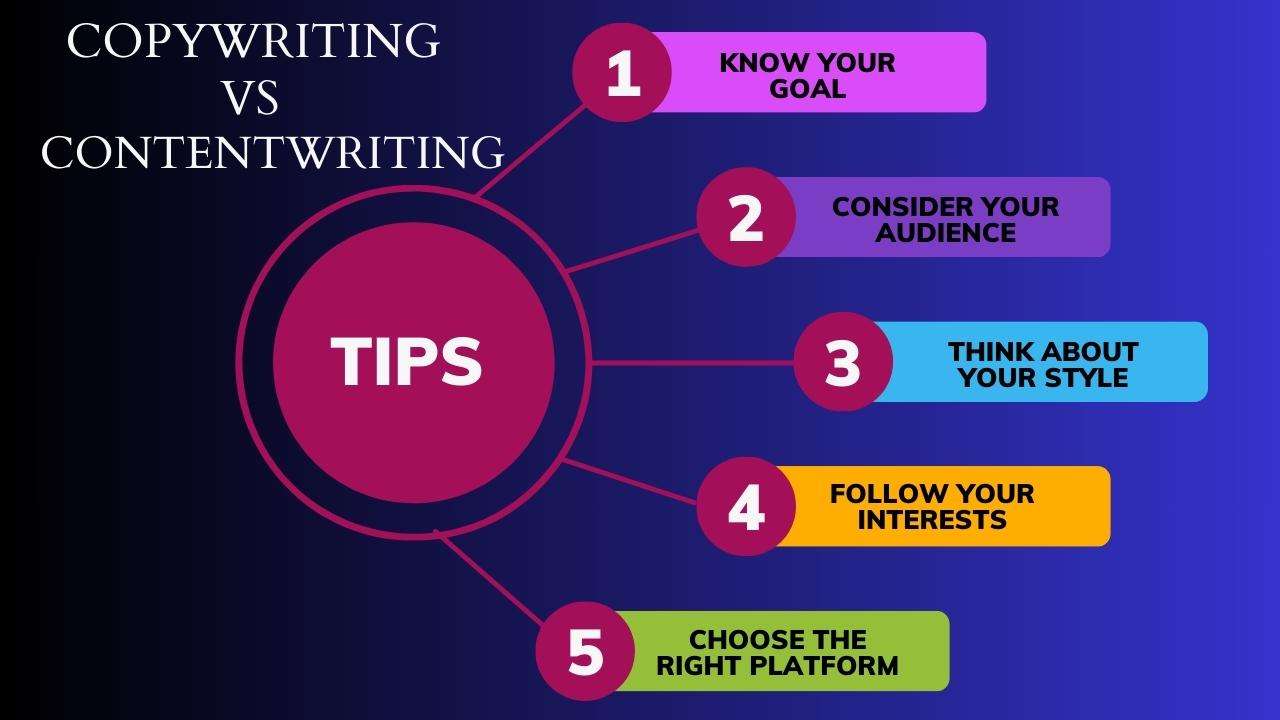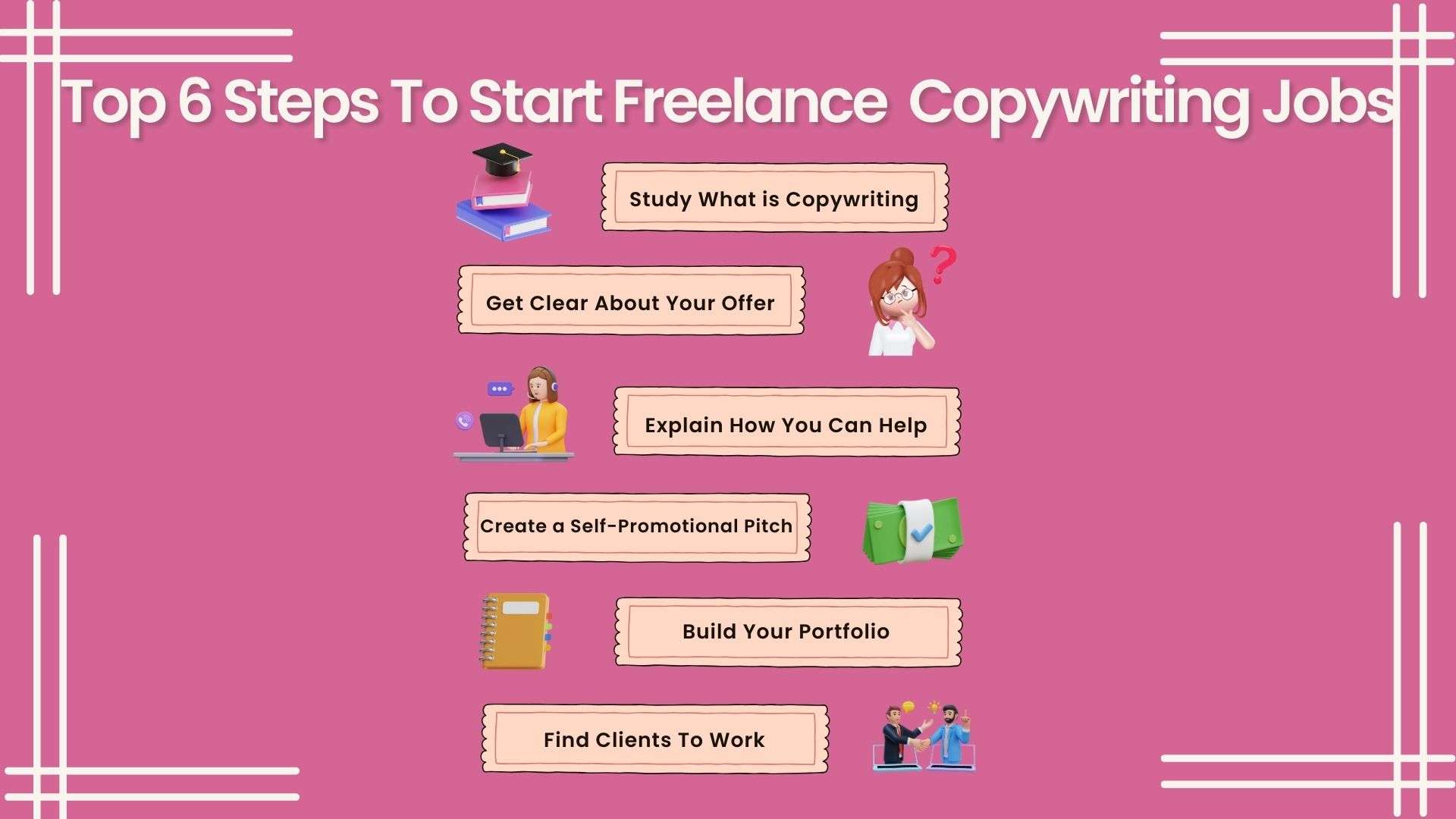How To Become A Copywriter With No Experience?

In the world of copywriting, there’s a common question. How can you establish a portfolio without previous clients? However, once you have a portfolio, then how do you attract clients? Trust me, there’s a solution. So if you are the one who is searching for a guide to learning copywriting without experience then. Continue reading the blog to discover how to create a portfolio from scratch, even with no previous experience.
And yes, it’s not only possible but entirely achievable to secure a freelancing job, especially as a copywriter. In this blog, I’ll provide you with detailed insights and step-by-step guidance on exactly what you need to do to construct a compelling portfolio. I’m going to share with you some invaluable tips that will illuminate the path ahead and equip you with the knowledge you need to succeed in the competitive world of freelancing.
Table of Contents
Can I Be A Copywriter With No Experience:
Have you ever considered being a copywriter, but worried about not having experience? No sweat! In our digital world, online shopping is king. And guess what? Copywriting is the key to making products stand out.
Now imagine you’re selling a cool gadget. A basic description might say, “Useful device for everyday tasks.” But with good copy, it becomes, “A must-have tool that simplifies your day, this is the difference-making tasks an easy.
See the difference? That’s the power of copywriting – making people not just what they want but also show what you’re offering.
You might be thinking, “But I’ve never done this before.” That’s perfectly fine! Everyone starts somewhere. With a little creativity, a sprinkle of curiosity, and a willingness to learn, you’ll be crafting compelling copy in no time.
So, if you’re ready to embark on this exciting journey of skillful writing, let’s get started. Together, we’ll unlock the potential of your writing and show the world just how effective you can be!
1. What Skills Do You Need To Be A Copywriter:
1. Good Writing:
You need to write well, making things sound interesting and convincing. Like when you talk about a cool gadget, instead of saying “Nice device,” you’d say “Awesome gadget that makes life easier!”
2. Creative Thinking:
This is where you let your imagination run wild! It’s about finding unique angles and catchy phrases. Imagine you’re describing a cosy café. Instead of saying “Great coffee and atmosphere,” you may say “Sip into a world of fragrance produced in the warm embrace of our beautiful spot cafe.”
3. Research Skills:
You’re like a detective, gathering information to make your copy accurate and trustworthy. For instance, when writing about a new tech gadget, you’d dive into its specs, benefits, and how it stands out in the market.
4. Understanding Your Audience:
Think of this as having a friendly chat with your readers. You need to know who they are, what they like, and what problems they’re trying to solve. For instance, if you’re writing for a fitness brand, you’d want to understand the goals and challenges of health-conscious individuals.
5. Adapting Your Style:
It’s like being a chameleon in the world of words! You should be able to switch tones and styles to match different brands and industries. So, whether you’re writing for a trendy fashion label or a serious financial institution, you’ll always hit the right note.
6. Bit of Marketing:
Think of yourself as a mini-marketer. You need to understand how to grab attention and convince people to take action. Imagine you’re promoting a new skincare product. Instead of just listing ingredients, you’d highlight how they bring out natural radiance and boost confidence.
7. Time Management:
This one’s like your trusty sidekick. Meeting deadlines is a big deal in the world of copywriting. It’s about being organized and making sure you deliver top-notch work on time, every time.
You’ve got the basics down, my friend! You’ll be an awesome copywriter with a sprinkle of creativity in no time!
2. Step-By-Step Guide To Become a Copywriter with no experience:
1. Understanding the Basics of Copywriting:
When learning the basis of copywriting, the techniques used to convince and influence readers should be mastered, the target audience should be understood, the message should be tailored to them and the written content should be ensured to reflect the brand’s distinct personality and identity. By these means, an effective and impactful copy is created as these elements work together.
2. Studying Successful Copywriting Examples:
Examining well-written pieces of advertising or promotional content to understand the techniques and approaches that made them effective is known as copywriting examples. This process involves studying how persuasive language, compelling narratives, targeted messaging, and other elements were used to engage and influence the audience. By deconstructing these examples, aspiring copywriters can gain valuable insights into what works in the field, and apply similar strategies in their own writing to create more compelling and persuasive content.
3. Mastery of Grammar and Punctuation:
This means that having a strong understanding and command of grammar and punctuation rules is important for ensuring that written communication is easily understood and conveys its intended message effectively. Proper use of grammar and punctuation helps to eliminate unclear and confusion in written content, allowing the reader to understand the meaning with clarity and precision. This is particularly important in professional and formal writing contexts, where accuracy and clarity are outstanding.
4. Expanding Vocabulary:
This means that it is important to develop and maintain a wide-ranging and varied set of words in one’s vocabulary. Doing so improves the capacity to express thoughts or concepts in an exact and imaginative way. However, a diverse vocabulary allows for more aspects and expressive communication, enabling individuals to convey their ideas in a manner that is both accurate and creatively engaging.
5. Staying Updated with Industry Trends:
This means that it’s important to stay informed about the latest developments and advancements in the industry and marketing strategies. Doing so ensures that one stays up-to-date and informed about current trends and best practices. This knowledge is important for maintaining relevance and competitiveness in the field, as industries and marketing approaches evolve. By staying updated, professionals can adapt their strategies and approaches to align with the latest industry standards and customer preferences.
6. Building a Portfolio:
This means that gathering a collection of diverse writing samples and presenting them as a portfolio serves as evidence of one’s skill and adaptability in writing. It shows that the individual can produce a wide variety of content across different styles, tones, and subjects. A well-rounded portfolio demonstrates that the person is proficient in various types of writing, which can be valuable in showcasing their capabilities to potential clients or employers.
7. Networking and Seeking Feedback:
This means that establishing relationships with fellow professionals in the field and actively seeking constructive criticism for one’s work are important steps in developing and enhancing copywriting abilities. Building connections allows for networking, collaboration, and learning from others’ experiences while seeking feedback provides valuable insights and suggestions for improvement. Both activities contribute significantly to the progress and refinement of one’s copywriting skills over time.
Remember, every step counts, and you’re on your way to becoming a great copywriter!
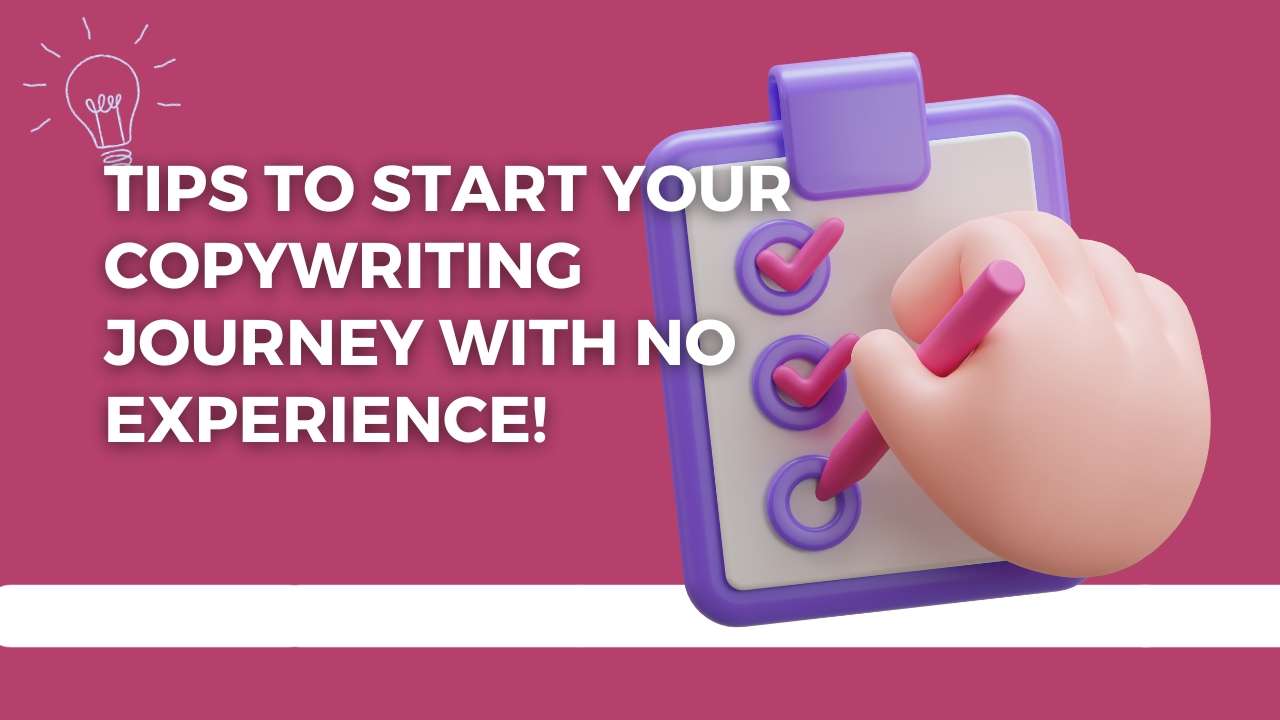
3. Tips to be a copywriter with No Experience!
Starting as a copywriter with no experience is absolutely possible! Remember, practice is your best friend.
- Write regularly, build a portfolio, and don’t shy away from volunteering or freelancing.
- Take online courses, seek feedback, and apply for entry-level positions.
- Networking is key, so connect with fellow writers.
- Most importantly, be patient with yourself!
Your journey is just beginning. Keep enhancing your skills, and you’ll be crafting captivating copy in no time.
Ready to take the first step? Let’s start writing!
Conclusion
It’s entirely possible to become a copywriter with no experience. You should do practical steps like creating sample pieces, highlighting personal projects, and engaging in collaborative platforms to build a portfolio. You have to remain receptive to learning, stay updated on industry trends, and connect with other writers. And also every project is an opportunity for personal growth. While the journey may be challenging, the satisfaction and success in a copywriting career make it all worthwhile. In the end, it means encouraging the reader to persevere, underlining that their journey as a copywriter is just beginning.
FAQs
Q1: Is it really possible to become a copywriter with no experience?
Although having prior experience in copywriting can be beneficial, it is not always a strict requirement. It suggests that with the appropriate skills, mindset, and strategy, it is entirely possible to begin and thrive in a copywriting career without any previous professional background in the field. In essence, it encourages aspiring copywriters to believe in their potential to succeed, regardless of their initial experience level.
Q2: What skills are essential for a novice copywriter?
Certain basic skills are essential. Having good writing skills is a must. This means being able to write clearly and engagingly. Creativity is also key; it’s about coming up with original and attention-grabbing ideas. Being flexible in how you write, and adapting to different styles and tones, is important too. Understanding who you’re writing for is important. These skills form a solid foundation for success in the world of copywriting.
Q3: How important is networking for a novice copywriter?
The importance of networking in any professional field, including copywriting. Networking involves building and maintaining relationships with others in the industry. In the context of copywriting, it serves several valuable purposes. It provides opportunities to connect with potential clients, which can lead to new job opportunities and projects. Networking allows you to learn from more experienced professionals, gaining insights, advice, and potentially mentorship. Lastly, it helps you stay informed about current trends and developments within the industry.

